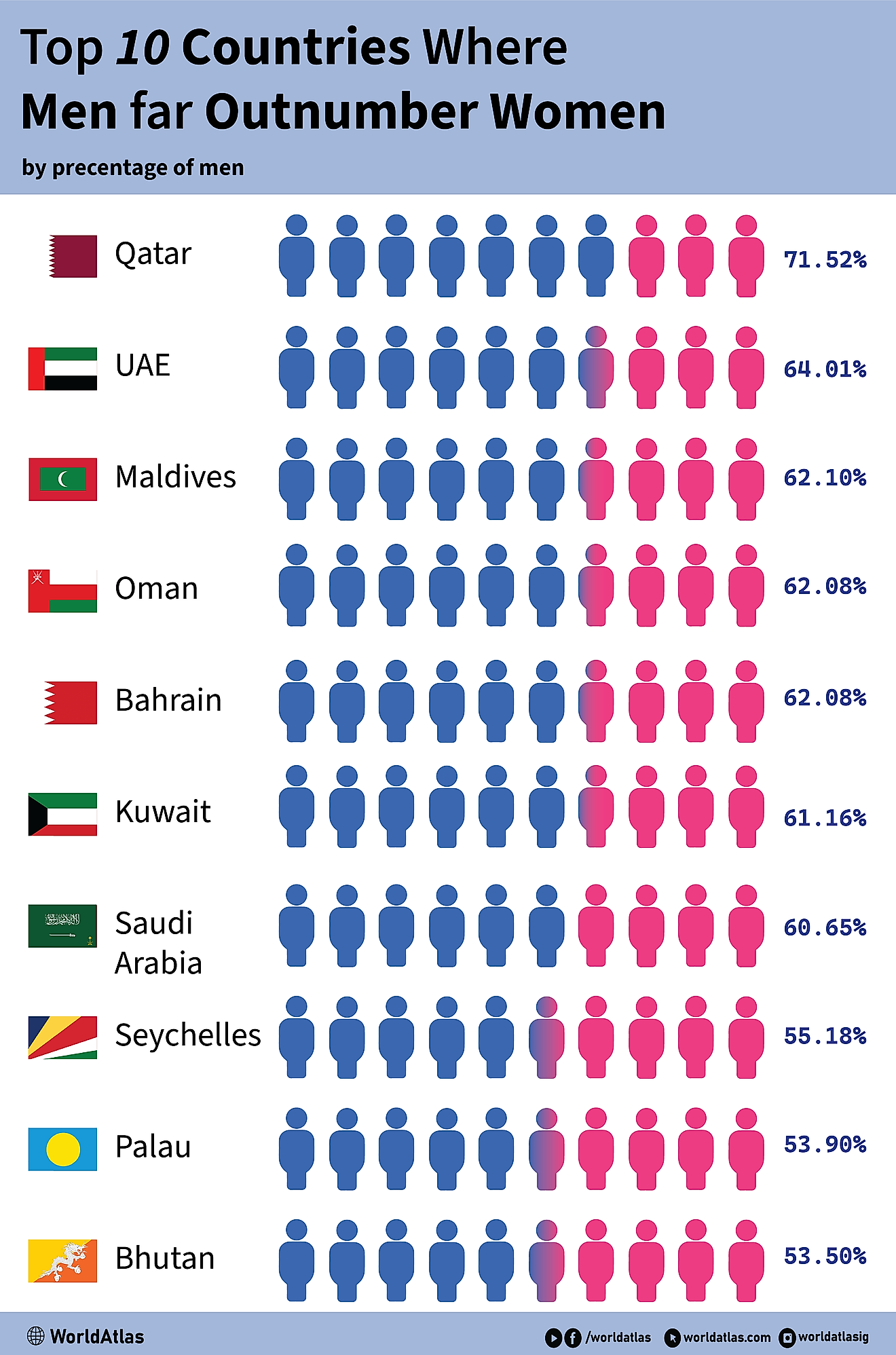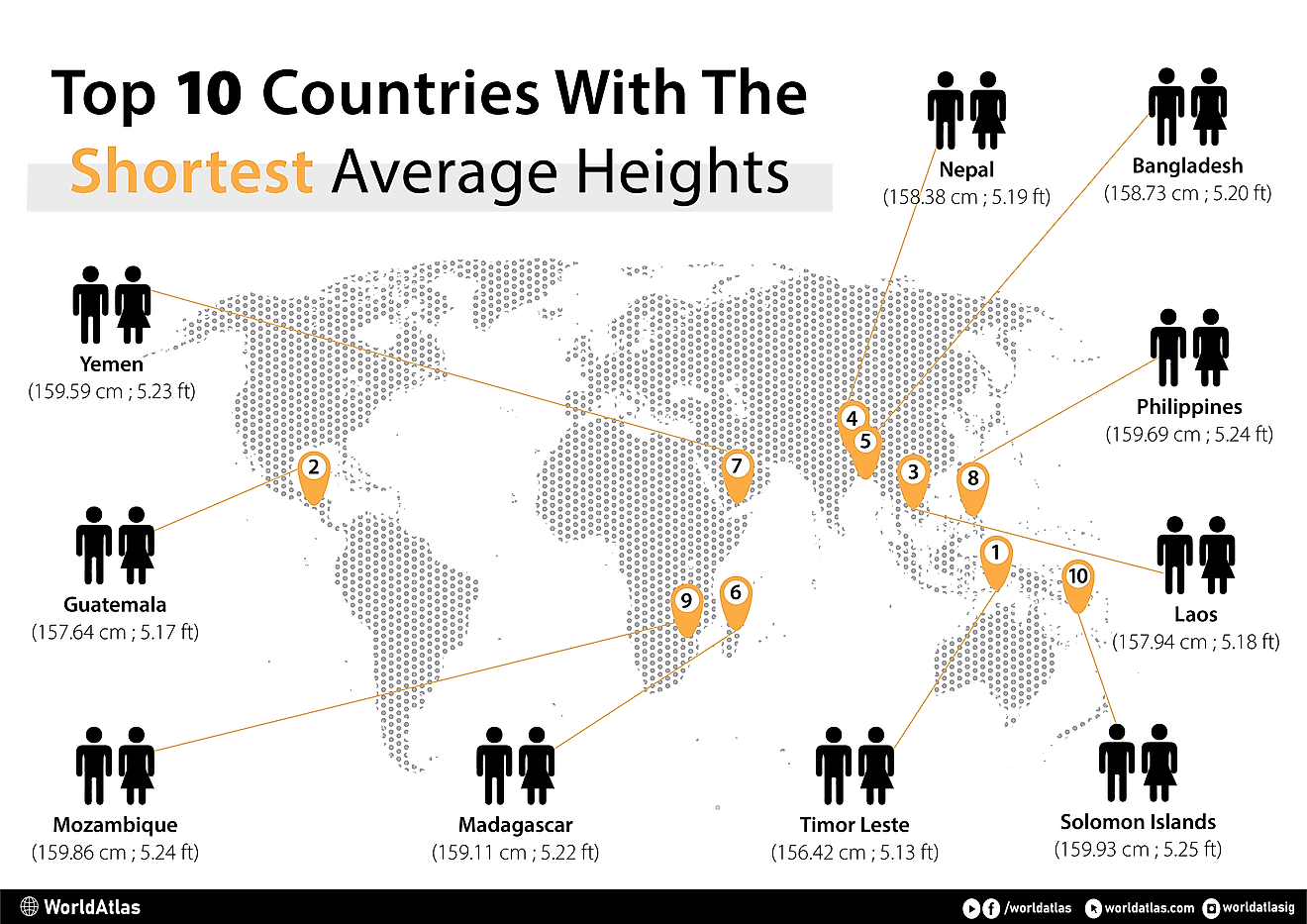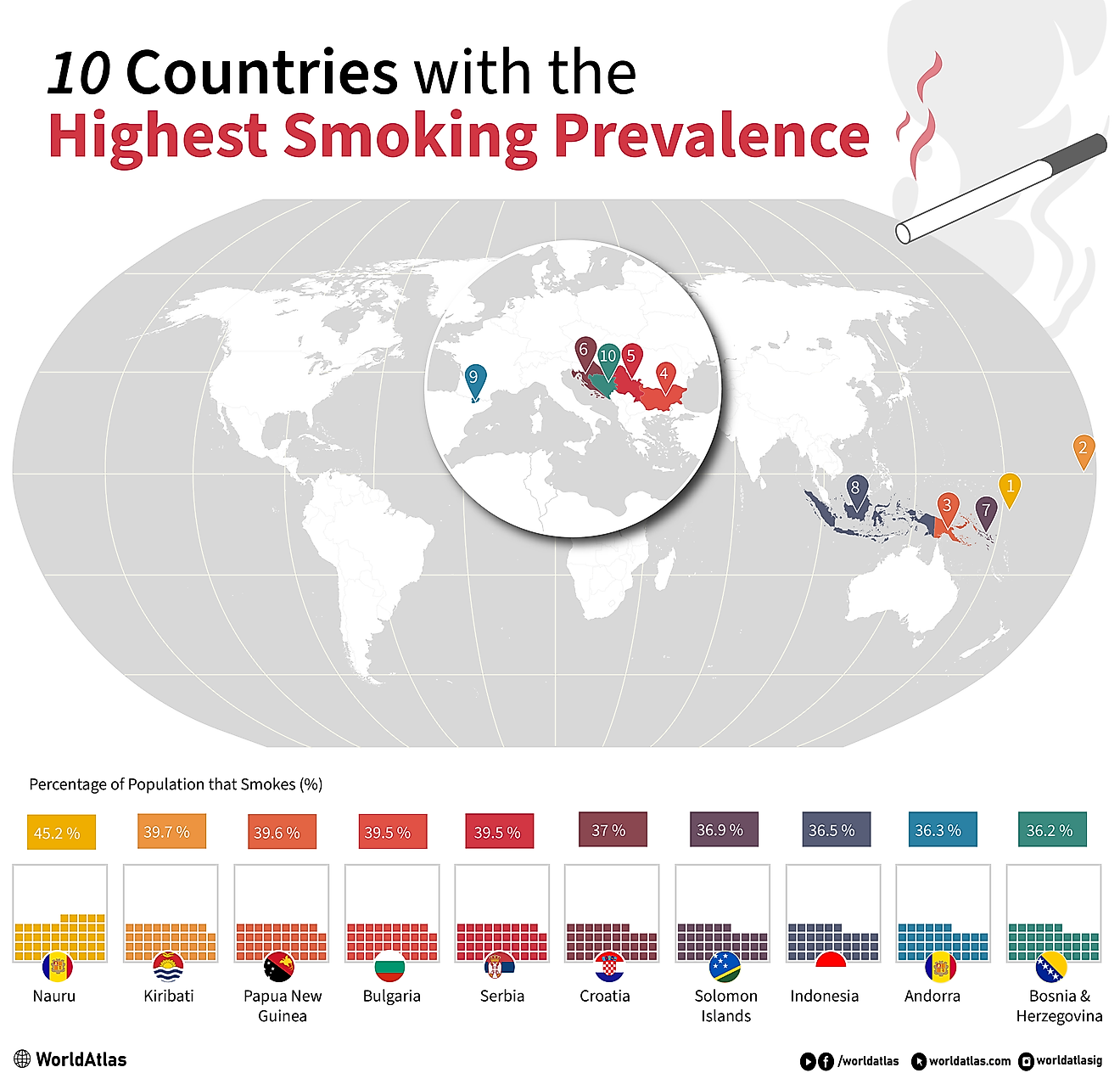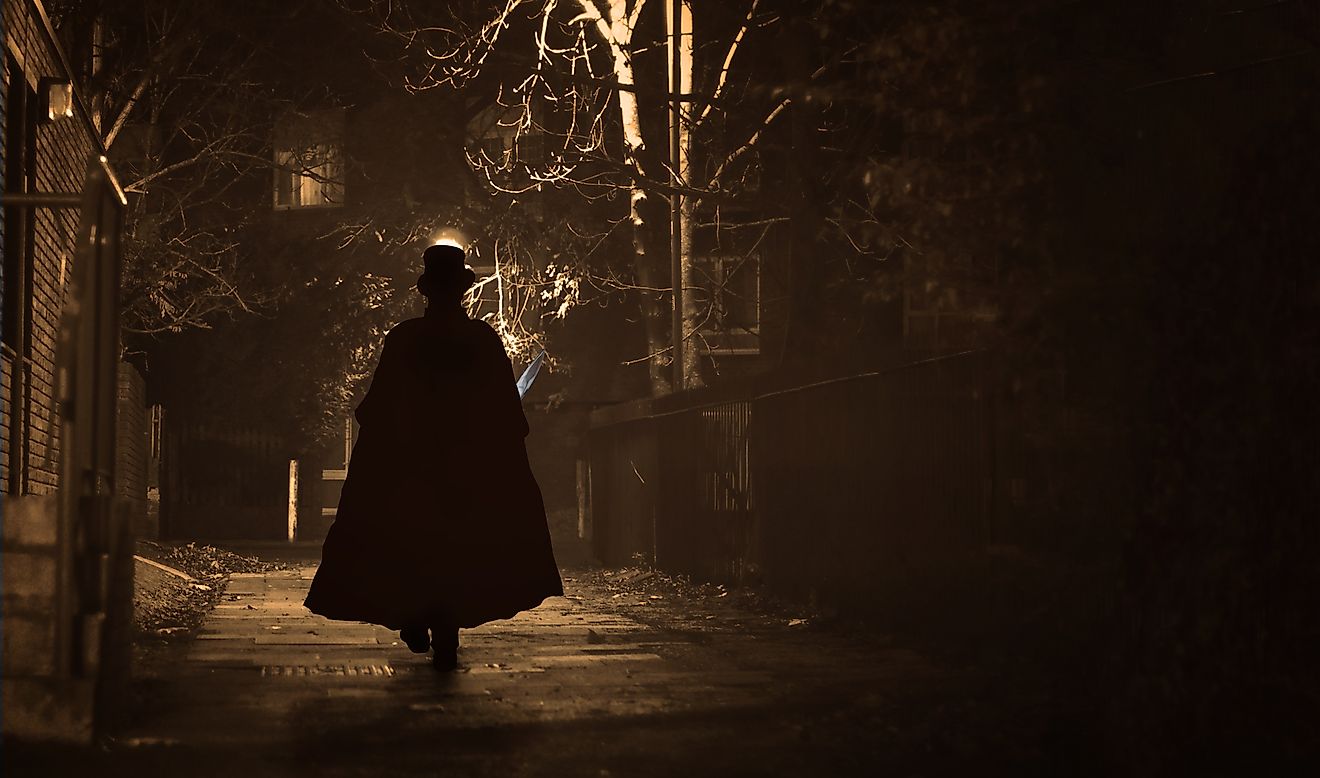Religious Beliefs In Nigeria
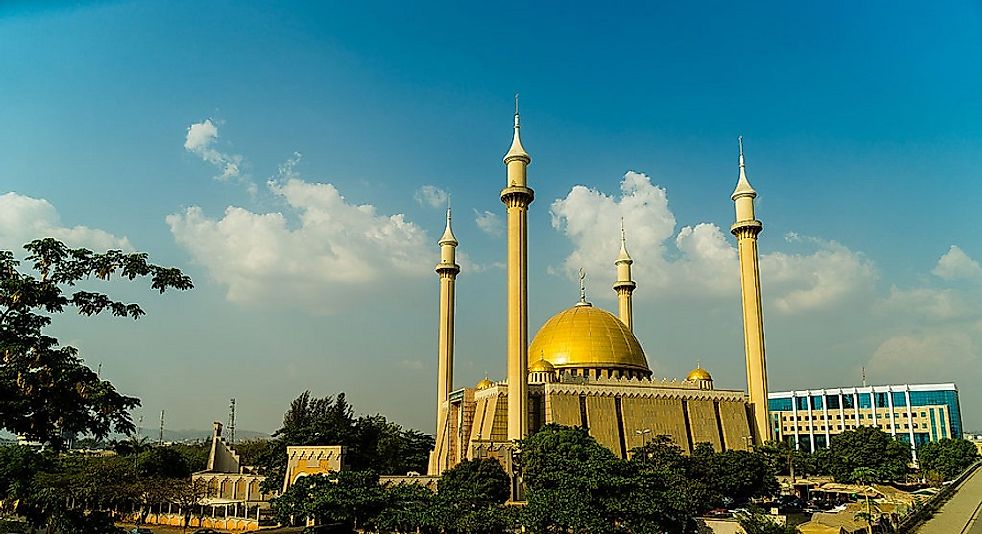
Nigerians in earlier times were free to put faith in whatever and whoever was most dear to their tribes and themselves. It was a trust in nature and animism that projected itself in giving strength and value to that worshiper. Indigenous religions soon became an important tradition of Nigerian society and maintained moral order. This traditional worship was done through an intermediary who gave favor only after a blood sacrifice.
The arrival of Muslims in Nigeria put a stop to these sacrifices, and Islam became firmly established in northern Nigeria. The introduction of Christianity began with the arrival of British missionaries in the middle and southern regions of Nigeria. Today, while almost all Nigerians are either Christian or Muslim, many continue to mingle these faiths with indigenous beliefs. This mix of religious practice is a result of Nigerians’ traditional belief in freedom of worship.
Religion in Nigeria Today
According to a 2010 survey conducted by the Pew Forum, Nigeria’s population has both Christians and Muslims in a nearly equal ratio, with a small percentage of the population following other religious beliefs such as indigenous faiths and no affiliations at all. Muslims make up 48.8% of the country’s population while Christians add up to 49.3%. The remaining 1.9% are either practitioners of indigenous religions or no affiliations.
Sunni Islam
A recent report established that Sunni Islam adherents count around 42.5% of Nigerians as fellow members. Other reports conclude that there are close to 60 million Sunni Muslims in the country. The majority belong to the Maliki school of jurisprudence while a minority belong to the Shafi madhhab. Sufi brotherhoods also have a sizable number of Sunni Muslims as members.
Protestant Christianity
Protestant Christianity flourishes in Nigeria, counting around 32.3% of the population as adherents. Protestants are concentrated mainly in Yoruba belonging to several denomination churches. The Nigerian Baptist Convention has close to 6 million members. The Presbyterian Church of Nigeria count around 3.8 million members while the Evangelical Church of West Africa has close to 5 million members.
Roman Catholic Christianity
Although Christians in Nigeria are traditionally Protestants, converts to Roman Catholic Christianity have increased to around 10.9%, and are concentrated mainly in Igboland. Nigeria also has the most number of Catholic priests in the whole of Africa. The country also has Catholic traditionalism churches in the form of the Society of St. Pius X and the Priestly Fraternity of St. Peter. Seminaries and universities also exist in Nigeria under Catholic supervision.
Shia Islam
The Sokoto state in Nigeria is where Shia Islam flourishes, with close to 6.0% of the total population of the country as adherents. This estimate varies, however, and there are though to be between 2 and 4 million Nigerian members of the Shia faith. Ibrahim Zakzaky, a Muslim cleric and head of the Islamic Movement in Nigeria, was responsible for introducing Shia Islam in the country in 1979 as a student. As an activist type of cleric, Zakzaky was arrested couple of times due to civil disobedience.
Ahmadi Islam
Ahmadi Islam also is present in Nigeria, with around 1.5% of Nigeria’s population as adherents. A leader of the Nigerian Youth Movement, Alhaji Jibril Martin introduced Ahmadi Islam in Nigeria in the 1940s. Although local Muslim leaders denounced the Ahmadiyya Movement as heretical. Later, the movement split into two due to differences. The second group going with the Sunni Islam.
Role of Indigenous Beliefs in Contemporary Nigeria
Traditional religions still exist and play a part in people’s lives in Nigeria today. Those practicing these indigenous religions only, along with those with other beliefs, atheists, and nonbelievers, make up around 6.8% of the total population of the country. Traditional religions are often affiliated with the seat of the king of indigenous Nigeria. This is an affirmation of the legitimacy of the king’s rule over hinterland communities in the country that influences morality and ethics. As a way of life, it is connected to the fertility of the people and land. Its economic link is also important in tourism with seasonal carnivals that draw tourists to Nigeria.
Religious Beliefs In Nigeria
| Rank | Belief System | Share of Nigerian Population |
|---|---|---|
| 1 | Sunni Islam | 42.5% |
| 2 | Protestant Christianity | 32.3% |
| 3 | Roman Catholic Christianity | 10.9% |
| 4 | Shia Islam | 6.0% |
| 5 | Ahmadi Islam | 1.5% |
| * | Other or No Beliefs | 6.8% |



